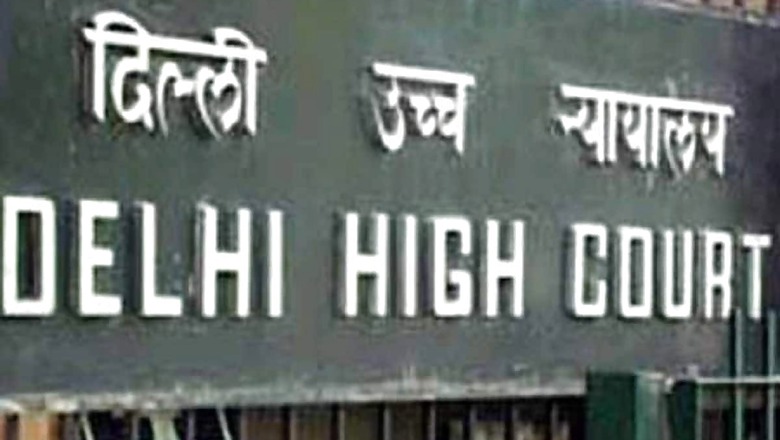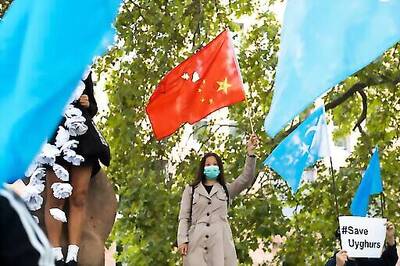
views
The Delhi High Court on Wednesday said it saw no reason for Jawaharlal Nehru University (JNU) denying leave to one of its professors to pursue a nine-month fellowship offered by a French research institute. "Prima facies I see no reason why he should not be given extraordinary leave (EOL) to pursue his fellowship," Justice Jyoti Singh said.
The court made this remark after the lawyer appearing for JNU said that the varsity has rejected the request of professor Udaya Kumar for grant of EOL. He also said that the varsity's counsel, Monika Arora, was not well and therefore, the matter be adjourned to another date.
Advocate Abhik Chimni, appearing for the professor, said that his client has to leave for France by October 1 and therefore, any delay in deciding his plea for leave would adversely impact him. The court listed the matter for hearing on September 14 saying the issue raised in the petition was urgent and asked the varsity to make alternative arrangements if Arora was not available on that date due to ill health.
Kumar, a professor in the Department of English Studies, has challenged the varsity's executive council's February 18 decision to reject his application dated January 21, 2020 for the EOL without pay for nine months from October 1, 2020 to June 30, 2021. In his petition, Kumar has also sought setting aside of JNU's letters dated March 3, June 12 and July 7 which reject his requests for EOL without pay for nine months, allegedly without giving any reasons.
He had made another request for grant of EOL which JNU has rejected again. He has stated in his plea that he has been offered a Fellowship at the Nantes Institute of Advanced Study, France for a period of nine months from October 2020, which is a Research Institute of Global eminence. He has contended that in the past four years he has not availed an EOL and in his entire academic career, he has only availed two EOLs. He has also claimed that both the Chairperson for English Studies and the Dean, who is the Head of the School of Language, Literature and Cultural Studies under which the Centre operates have also recommended his application for EOL, but the executive council rejected it.
He has also contended that the council exercised its discretionary power in a completely arbitrary fashion without any deliberation and application of mind. He has sought a direction to the varsity to reconsider his application for EOL and grant him the same.



















Comments
0 comment